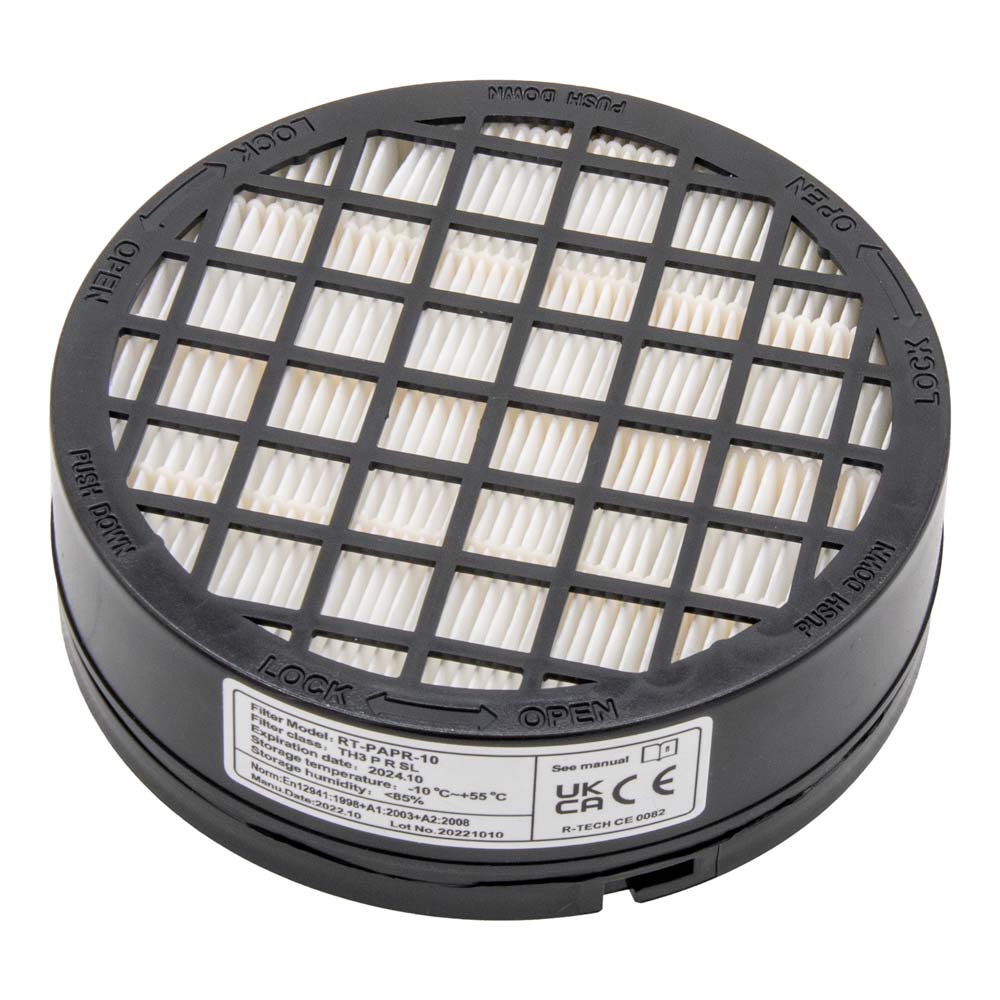What is TH3 Filtration | Air Fed Masks, TH2 vs TH3 & P3 Explained.
Learn more about TH filtration
In recent years, we have become all too familiar with how face masks work and their ratings. TH3 isn’t something we generally came across though, and so the question “what is TH3 filtration” is a valid one. The “TH” in the simplest term, are the letters given to protection that fully encloses the users face. The filters are then rated up to 3 levels, with 3 being the highest level of protection. We will go through this in more detail and explain how this compares to other filtration ratings such as P3 and TH2.
Why Do We Need Protection?
Early in 2019, the Health and Safety Executive made a few changes to the guidelines around weld processes, specifically regarding how dust, particles and fumes emitted are dealt with. Because of this, air fed systems for welding and grinding have become even more popular and are in serious demand across the whole industry. Air Fed masks and Powered Air Purified Respirators (PAPR) work to provide the user with clean, filtered air reducing associated risks.
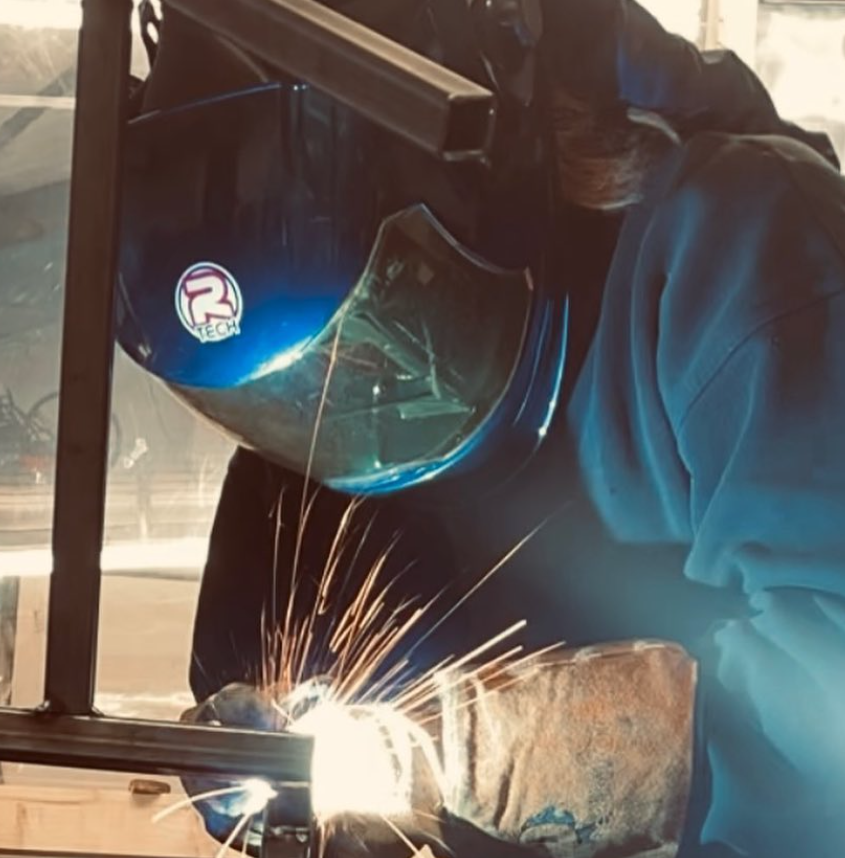
It would be naïve to say that we weren’t aware that welding fumes are causing some damage to our lungs, although how much damage was not really known. There is new scientific evidence that exposure to welding fumes can cause lung cancer with limited evidence linking welding fumes to kidney cancer. It was always thought that these risks were more associated with alloys contained trace elements of heavy metals, such as the chromium content of stainless steel, but the new research has linked to the risks of high carbon/mild steel. This is the reason for the increased concern.
Acute Respiratory Health Effects -
Irritation to the throat and larger airways in the lungs.
Acute irritant-induced asthma
Metal fume fever
Acute pneumonia
Chronic Respiratory Health Effects –
Lung Cancer
Kidney Cancer
Chronic obstructive pulmonary disease (COPD)
Welders Lung
Occupational asthma
Immediate Danger to Life –
Asphyxiation when welding in confined space
HSE Requirements for Welding Fumes
In simple terms, the new HSE regulations expect any business involved with welding processes should have adequate protection and safety measures in place. For any indoor welding, localised exhaust ventilation (LEV) should be in place. Breathing protection by means of respiratory protective equipment (RPE) should also be in place for any residual fumes that may be present. Users welding outdoors, may only use RPE as LEV just wouldn’t be practical in this setting. RPE such as our Spiritus Air Fed Welding Helmet should be enough to conform to HSE regulations in both situations where LEV is and isn’t present (outdoors).
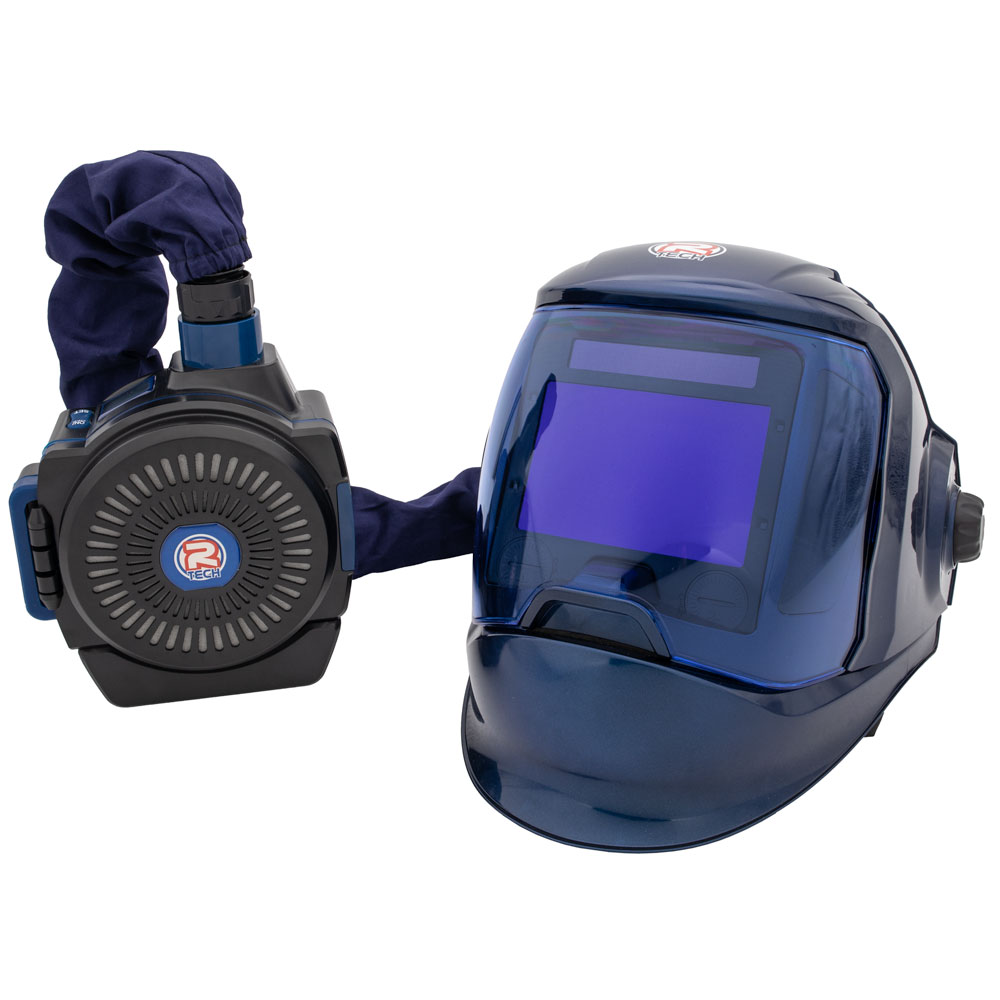
HSE Requirements for Welding Fumes
To comply with these new regulations, companies all over the UK have had to fork out to keep their staff protected from welding fumes. It would be understandable that these companies are looking to buy the best protection they can to ensure longevity, not forgetting to conform to health and safety regulations.
We understand that the TH rating for filters maybe something many people have not heard of before. In recent years, we have become all too familiar with how face coverings protect us and which ones work best. Most of the ratings we saw mainly focused around the masks that covered our nose and mouth, reducing the spread of Covid-19. These masks would come with either a P or FFP rating.
This leads us on to the main question of this blog and that’s what is TH3 filtration, how does it compare to P3 or FFP3 certified protection.
Information detailing the certified filtration level associated with the R-Tech Spiritus Air Fed Welding System:
The Spiritus system has an Assigned Protection Factor (APF) of 40 Points which coincides with P3 Classification.
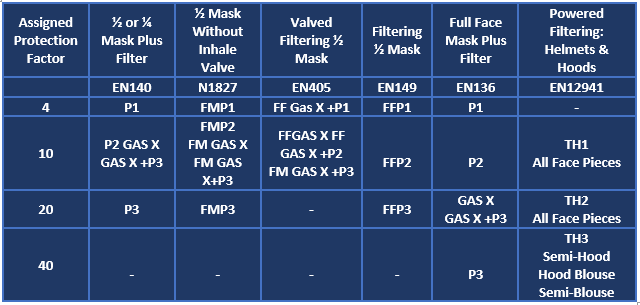
Inward Leakage
TH relates to the inward leakage protection level of a complete system. Simply putting it, how much of the fumes or particles bypass filtration –
TH1 Filtration: Less than 10%
TH2 Filtration: Less than 2%
TH3 Filtration: Less than 0.2%
The Spiritus Mask is certified TH3 Filtration. This means that 99.8% of fumes and particles are filtered. Many masks on the market are rated TH2 and cost nearly twice the cost of the R-Tech Mask.
Filtration
The R-Tech Spiritus Airfed Welding Mask ensures an assigned protection factor of 40 points. This is identical to P3 under EN 140 & EN 136, and FFP3 under EN 149. All certification can be found on the downloads tab over on the product page.
Three Layers Of Filtration
Our air blower unit is made up of 3 filters to ensure your safety. We have a main filter, a stainless steel mesh filter and also an active carbon filter (pre-filter).
Active Carbon Filter
The active carbon filter works on removing odour from welding fumes. This filter also removes the horrible metallic taste you can sometimes get in the mouth. We recommend changing this filter more frequently than the other filters found in the blower unit. This should maintain and ensure a clean air flow up to the mask.
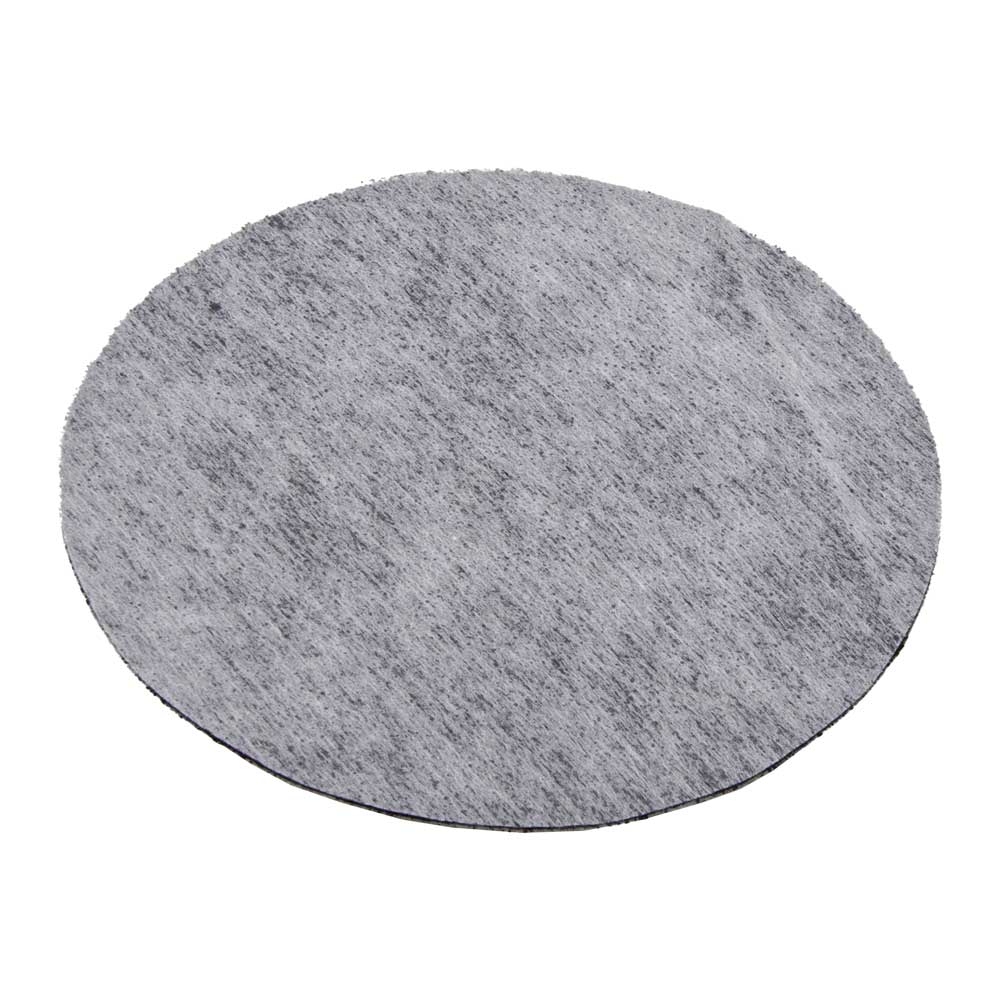
Stainless Mesh Filter (Pre-Filter)
The stainless mesh filter is a robust filter that prevents particles from getting into the main filter. It also adds a layer of protection from sparks that may find their way into the system. As this filter is made from stainless steel, you can maintain this using compressed air and cleaning it off however, at the affordable price it is, you may prefer just putting a fresh one in.
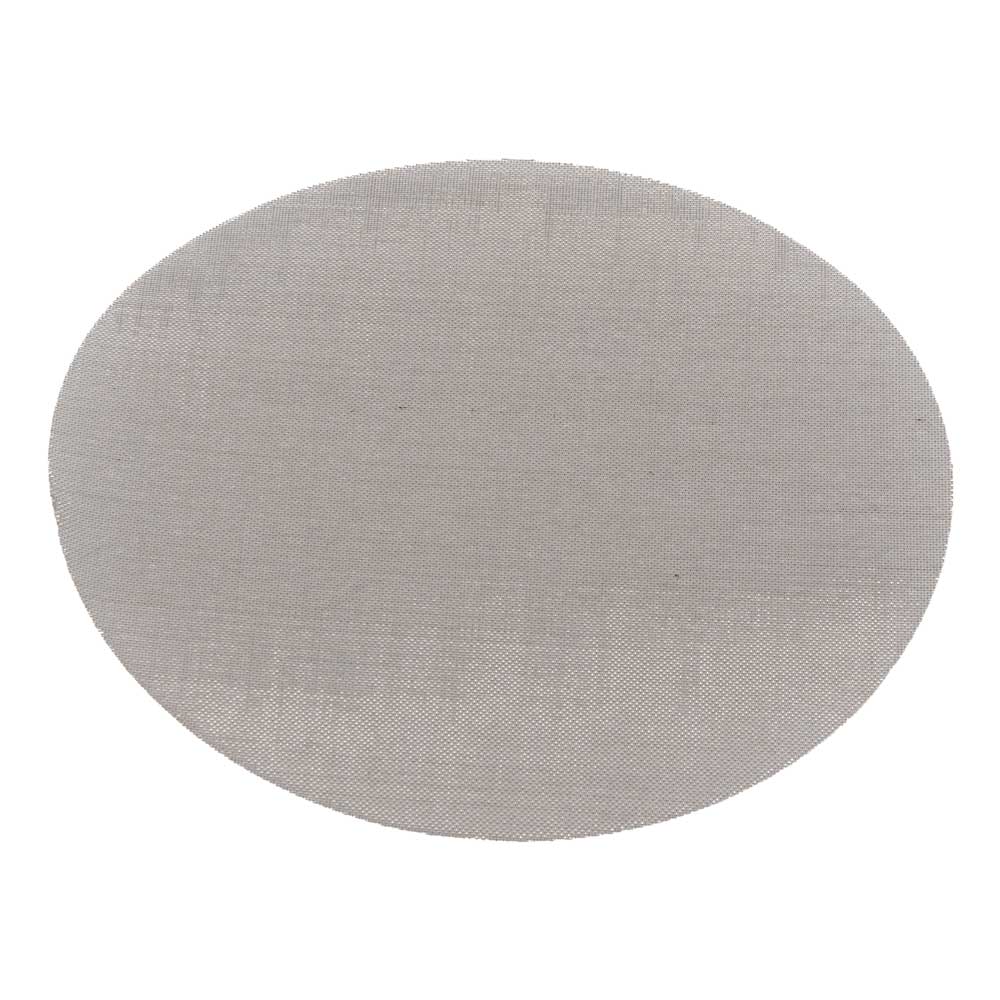
Main Filter
The main filter is the heart of the blower unit and where a lot of the work in creating clean air takes place. We advise changing the main filter as frequently as possible however, it should be able to manage up to 180 hours of use depending on surrounding conditions.
